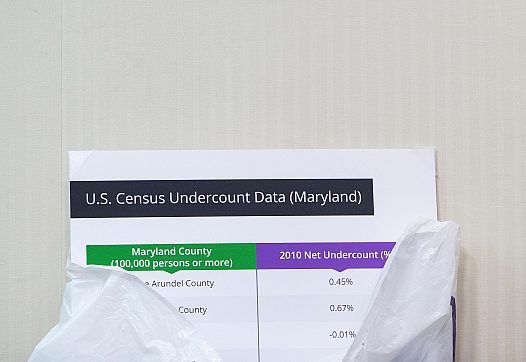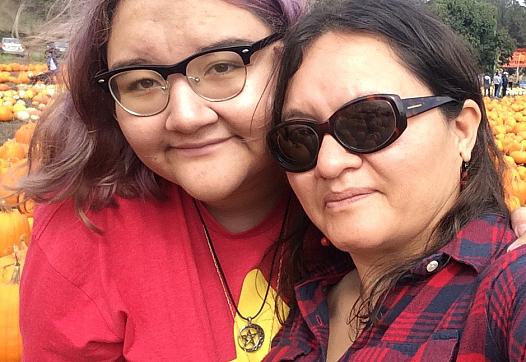
One year later, residents fear those in power may forget the unincorporated town of Bloomington, Texas, where there isn’t a local government to fight for grant money or resources to rebuild.

One year later, residents fear those in power may forget the unincorporated town of Bloomington, Texas, where there isn’t a local government to fight for grant money or resources to rebuild.

This story was produced as a project for the 2018 California Fellowship, a program of the Center for Health Journalism at USC Annenberg. ...

This story was produced as a project for the 2018 California Fellowship, a program of the Center for Health Journalism at USC Annenberg. ...

This story was produced as a project for the 2018 California Fellowship, a program of the Center for Health Journalism at USC Annenberg.

The Miami Herald's Daniel Chang and Politico's Victoria Colliver share their routines, sourcing strategies and other tips for covering the fast-moving health policy beat.

This project is funded by a USC Annenberg Center for Health Journalism grant.

An undercount of kids in the 2020 census would have big implications for the safety net programs millions of children rely on.

In the latest installment of KVPR's series Part Of The Job, a look at how health care educators have been trying to change that culture of harassment and violence before their students reach the workforce.

One consistent memory I have from reporting on California’s mental health system for low-income children is repeatedly asking myself, “Why is this so hard?”

The tide of ER visits rose in Southern California after Obamacare became law, growing about 27 percent from 2010 to 2016.